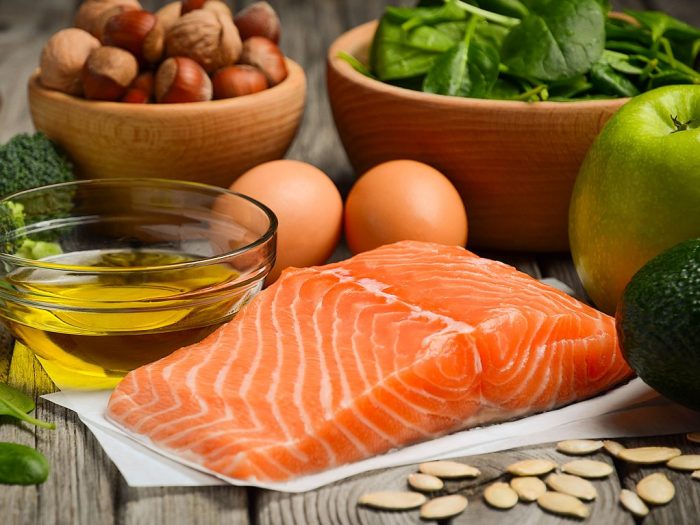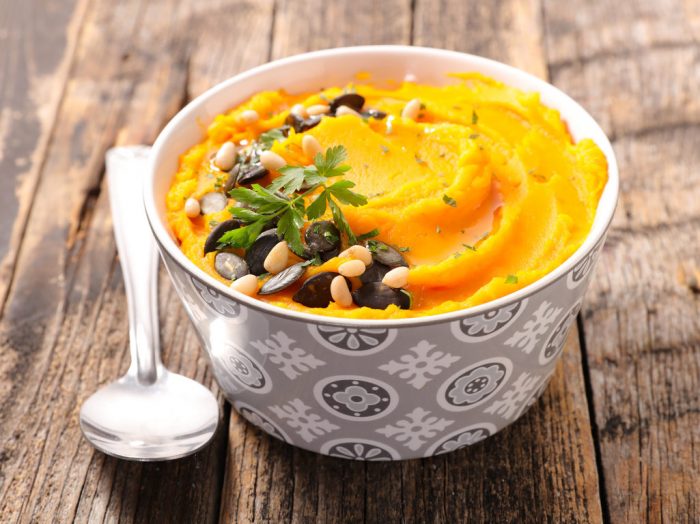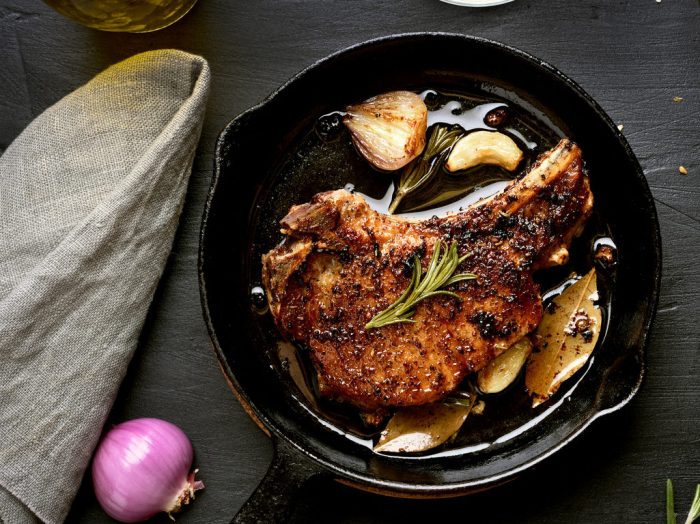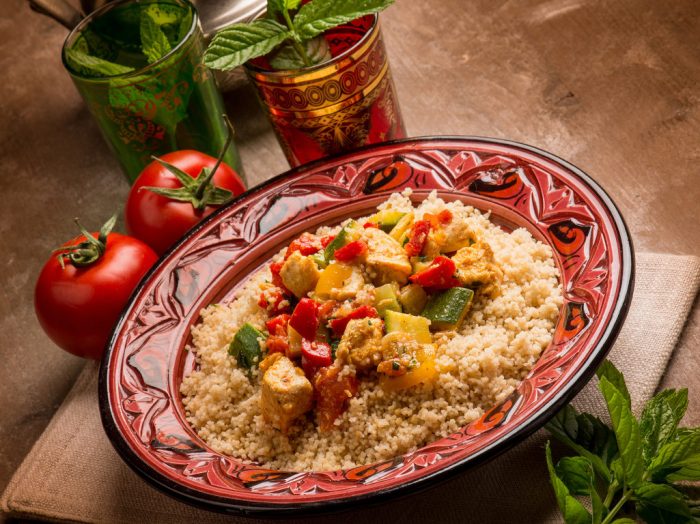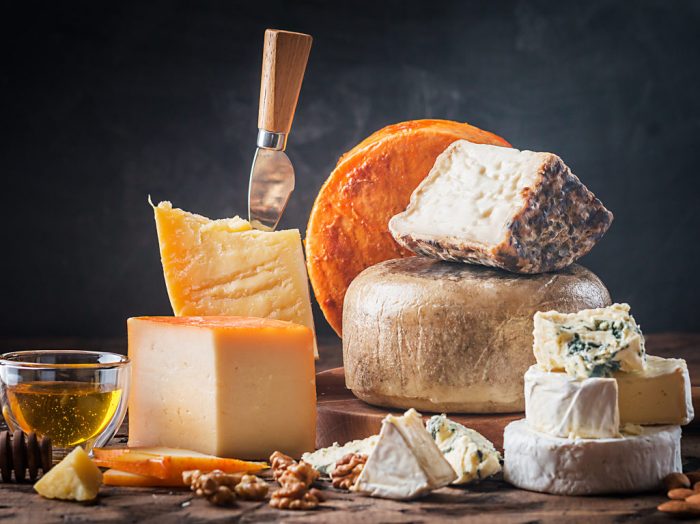After a long while of everyone avoiding them like the plague, we are finally recognizing so important high-fat foods are for our bodies and, of course, our minds. But which ones should you have more of? Read on and find out!
Reclaiming high-fat foods in our diets is an important step in steering clear of food trends and crazes and just doing what’s best for ourselves. These foods are very healthy and, once you don’t overdo it with them, have a huge impact on your long-term wellbeing. The U.S. Departments of Agriculture and Health and Human Services recommend people having the right kind of fatty foods in their 2015-2020 dietary guidelines. But which are those?
The types of fat you can have
Well, let’s talk a bit about the types of fats you can ingest. There are some you should still avoid. Saturated fats are often considered unhealthy for your heart, but research is still unclear. Trans fats are damn right evil because they’re liquid fats made solid through a process called hydrogenation. And they’re the kind of fats you find in fried foods, pastry, and processed snacks. On the other hand, unsaturated fats like the ones in vegetable oils, seafood, nuts, and seeds, are quite healthy.
But what do healthy high-fat foods do for you? They help keep your heart healthy, and your cardiovascular system. They also help you absorb other vitamins and minerals from food, they keep you satiated, but they also do important things when it comes to flavoring your food. Here are a few you should keep on hand.
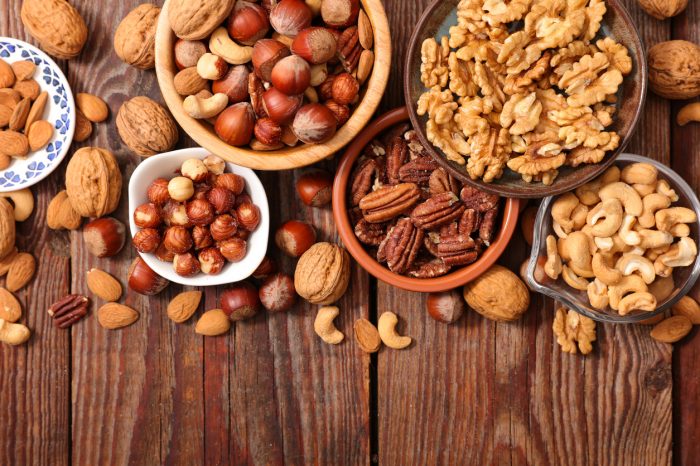
5 high-fat foods to include in your menu
1. Olive oil
The health benefits of olive oil are many. In a nutshell, it helps lower your risk for diabetes, heart disease, even cancer. Don’t know which type of olive oil to pick? Find out here what’s the difference between them. Mostly, go for extra virgin olive oil, because it’s extracted using natural methods and very little processing. But remember that even if that fat is healthy, it’s probably still high in calories. One tablespoon of olive oil has about 120 calories.
2. Eggs
Remember when we all did not have eggs because we thought that they drive up our cholesterol levels? Well, my mom still scolds me sometimes about eating too many eggs, but I keep having them because I love them so much. The news on eggs is that the cholesterol in them is not really what raises the levels in your blood. So, eat as many eggs as you like because they help keep you feeling full (which means fewer snack times) and they’re loaded with protein.
3. Avocado
Yes, your avocado toast is just what you need for enjoying the benefits of high-fat foods. They lower inflammation and the risk of cardiovascular disease. The soluble fats in avocado fruit help you absorb vitamins A, D, E, and K. So, make a salad full of those nutrients and add avocado to that so that you can take advantage of them fully. Don’t forget about calories, though. One avocado has about 320 calories.
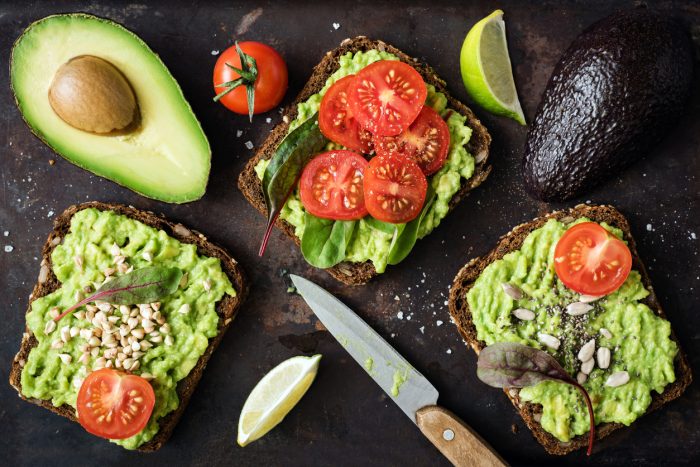
4. Fish
Fish like salmon, anchovies, herring, and sardines are full of the by now famous omega-3 fatty acids. But does anyone actually know how they help you? Yeah, we do! They help maintain and elevate your brain function. Because your brain is made mostly of fat, it needs these fatty acids to keep its optimum health. Not to mention sharp. Try having 8 ounces a week.
5. Nuts
Walnuts, almonds, peanuts, and so on, are incredible for your overall health, as we’ve known for a while. They’re loaded with amino acids, vitamin E, and unsaturated fatty acids. Not to mention that they’re ready-made by nature snack bites. All you have to do is just grab a few of your favorites and mix them together, seal them in a Ziploc bag and you’ve solved snack hour. Just don’t go for the ones that are oil-fried, salted, or coated in bizarre aromas.

